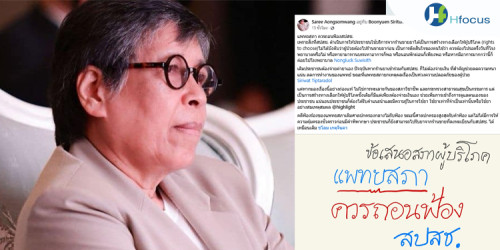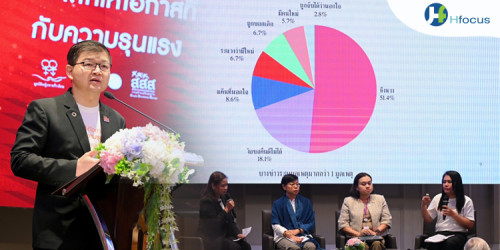The universal coverage health care system is undergoing huge change.The government is expected to press ahead with its effort to standardise treatments under the three main state health care schemes.
However, Public Health Minister Pradit Sintawanarong has insisted the three schemes the Civil Servant's Welfare Fund (CSWF) for civil servants and their family members, the Social Security Fund (SSF) for employees in the private sector,and the Universal Healthcare Scheme for people who are not entitled to the CSWF and the SSF will not be combined in one.
The National Health Security Office secretarygeneral Winai Sawasdivorn said the key to the overall success of the changes is to establish a central system to control the operation of the schemes. The operator of each scheme will still be allowed to run its health programme separately, even as it is regulated under a central system.
Dr Winai said the minister wants to set up a clearing house for patient claims and a national information centre, possibly this year. The clearing house will monitor public medical expenses and disburse payments. The national information centre will share patient records and enable patients to receive continuous treatment even if they are transferred from one scheme to another.
Dr Winai said clinical practice guidelines and medical protocols will be used as guidelines for operators in each scheme. They will ensure treatment is standardised among patients across the schemes.
"This policy will lead to a revolution in the health care system," Health Insurance System Research Office director Samrit Srithamrongsawat said. "Every patient will receive drugs and treatment according to their symptoms, not according to different rules or privileges under each scheme."
Potential savings to the government could reach 70 billion baht a year.
Source: Bangkok Post January 3, 2013
- 1 view








